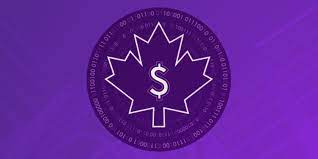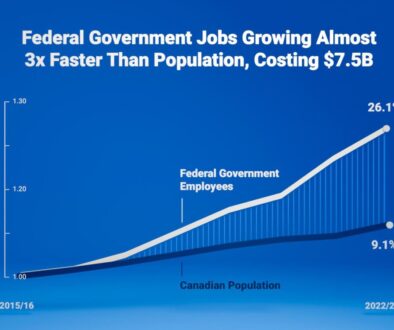Digital Canadian dollar
A cashless society or digital currency is one of the puzzle pieces in the big picture of Agenda 2030- which aims to control everything and everybody. Central bank digital currency {CBDC} is a form of central bank electronic money and is still not well-defined, “it is envisioned by most to be a new form of central bank money […] that is different from the balances in traditional reserve or settlement accounts.”
As of today, 109 countries were actively exploring or engaging in CBDCs across various phases. Some have advanced their digital currency project including communist China, Singapore, the Bahamas, Thailand, Sweden and of course Canada.

The Bank of Canada is actively exploring the possibility of issuing a digital form of the Canadian dollar. “A digital Canadian dollar would be a digital form of the cash in your wallet. Like cash, it could buy the things you need. But the advantage is that you could also use it for online purchases and to transfer money between family and friends. As well, businesses could use it to pay each other. This new form of money would be issued by the Bank of Canada and provide benefits similar to cash: it would be safe, accessible to everyone and private,” statement says.
The statement continues: “A digital Canadian dollar could help protect our economy by ensuring Canadians always have an official, safe and stable digital payment option in the Canadian dollar. And only a central bank can guarantee that public interest—not profit—is the top priority.”
https://www.bankofcanada.ca/digitaldollar/
But the Bank of Canada as a central bank, is a crown corporation. “Crown corporations at the federal or provincial level are owned by the Crown as the institution’s sole legal shareholders. This follows the legal premise that the British monarch as the personification of Canada, owns all state property.“ {source Wikipedia}
CBDCs have raised several concerns and criticisms. One primary concern is related to privacy and surveillance, as CBDCs could enable governments and central banks to monitor and track financial transactions, potentially compromising individuals’ privacy rights. Digital currency can also be connected to a social credit system, as it is in China where the government has the ability to cut you off or limit your usage of your money. If you have done anything the government considers “wrong” or against the state such as starting a petition or attending a protest your access to your funds can be limited. It has also been proposed that CBDCs would have expiry dates which would, among other things, discourage people from saving money. This can be a very dangerous tool in the hands of a dictatorship state, which Canada is becoming.
DB, CB



